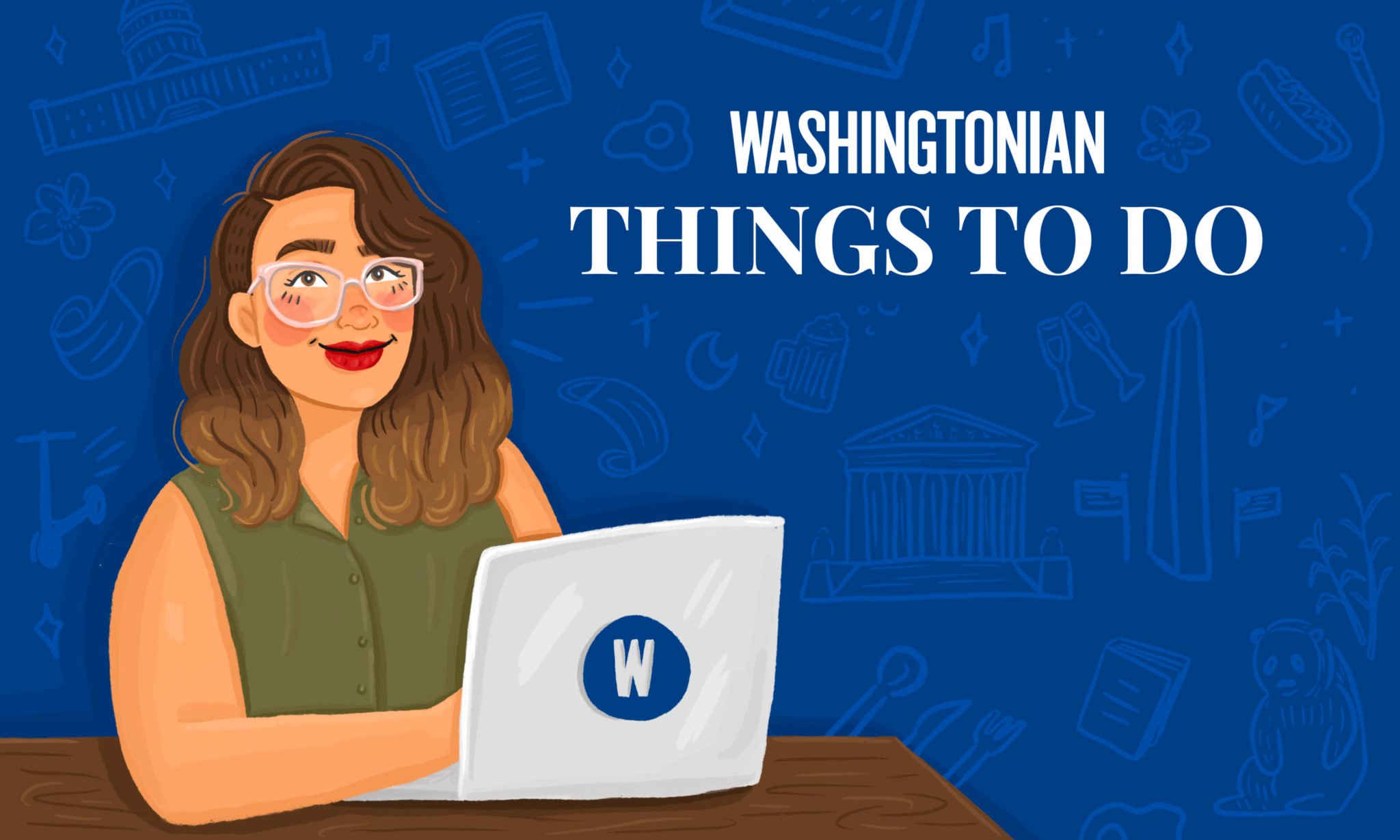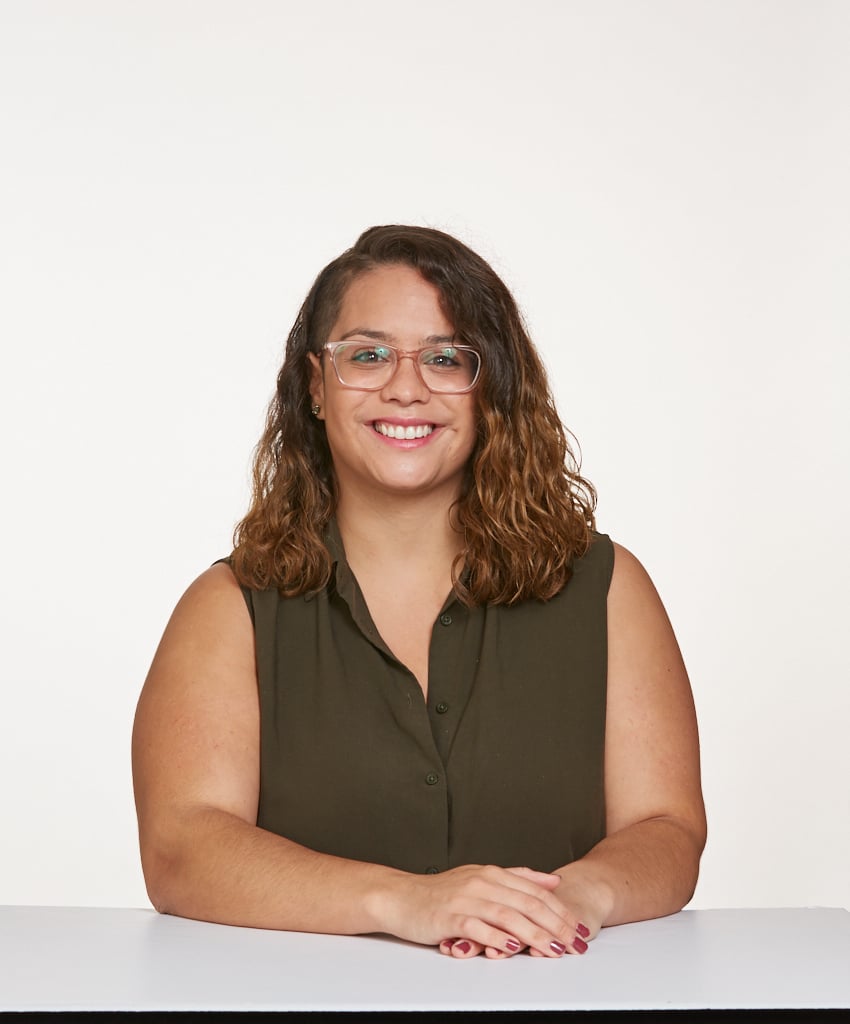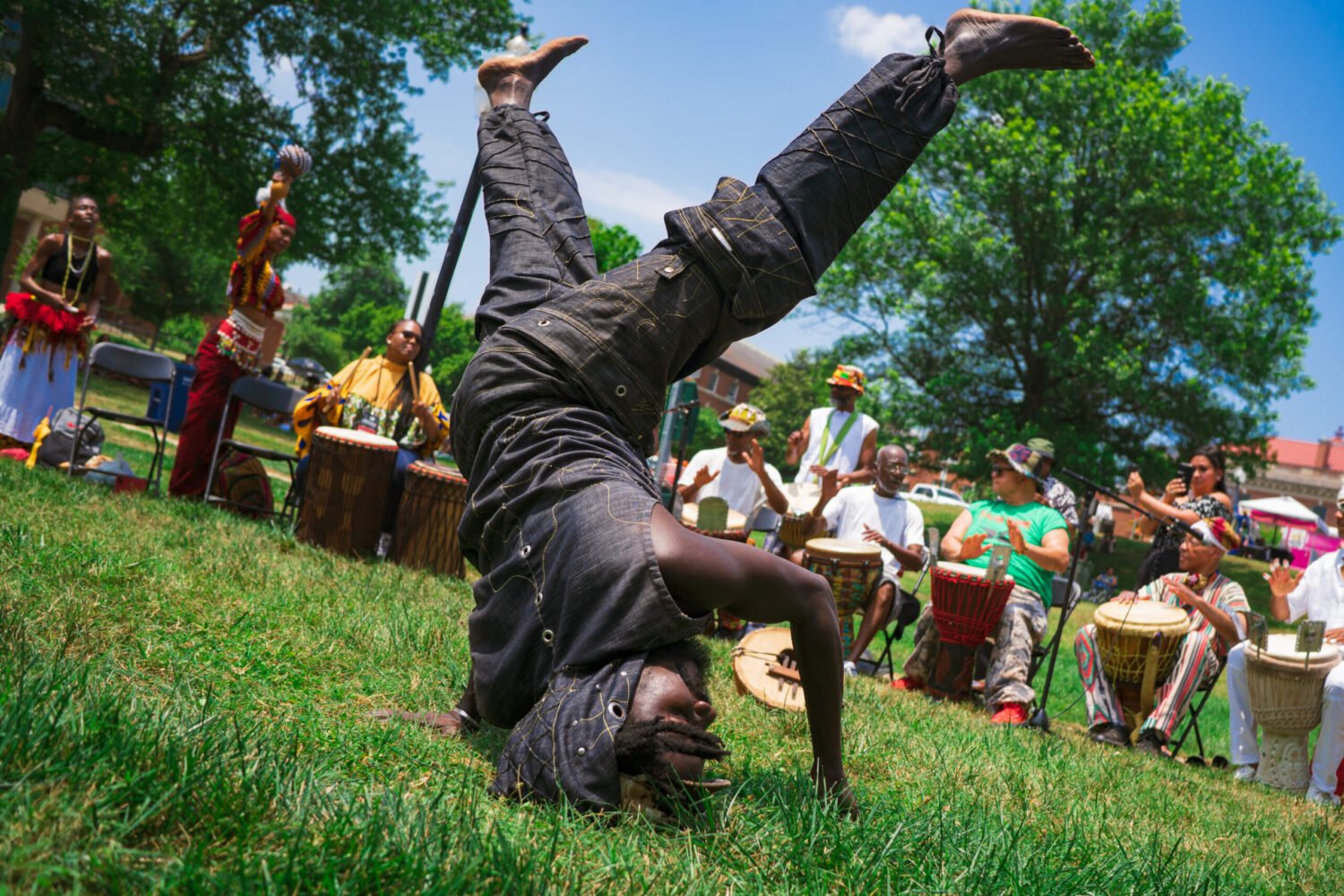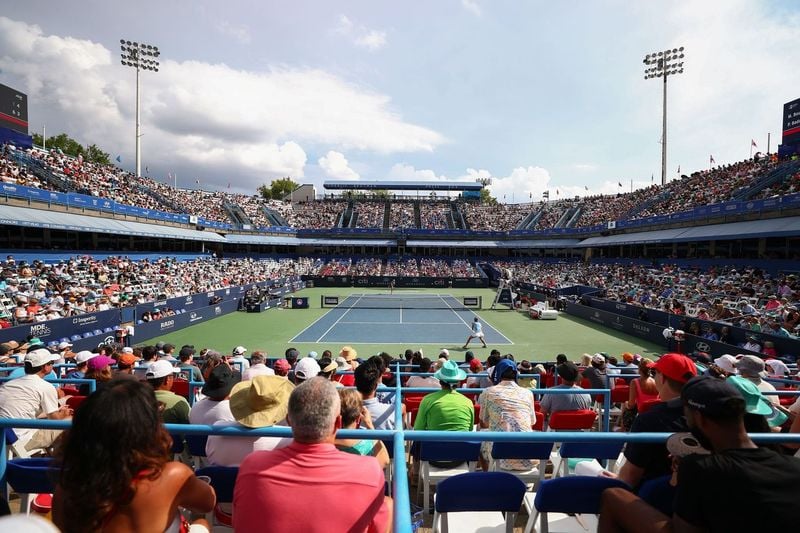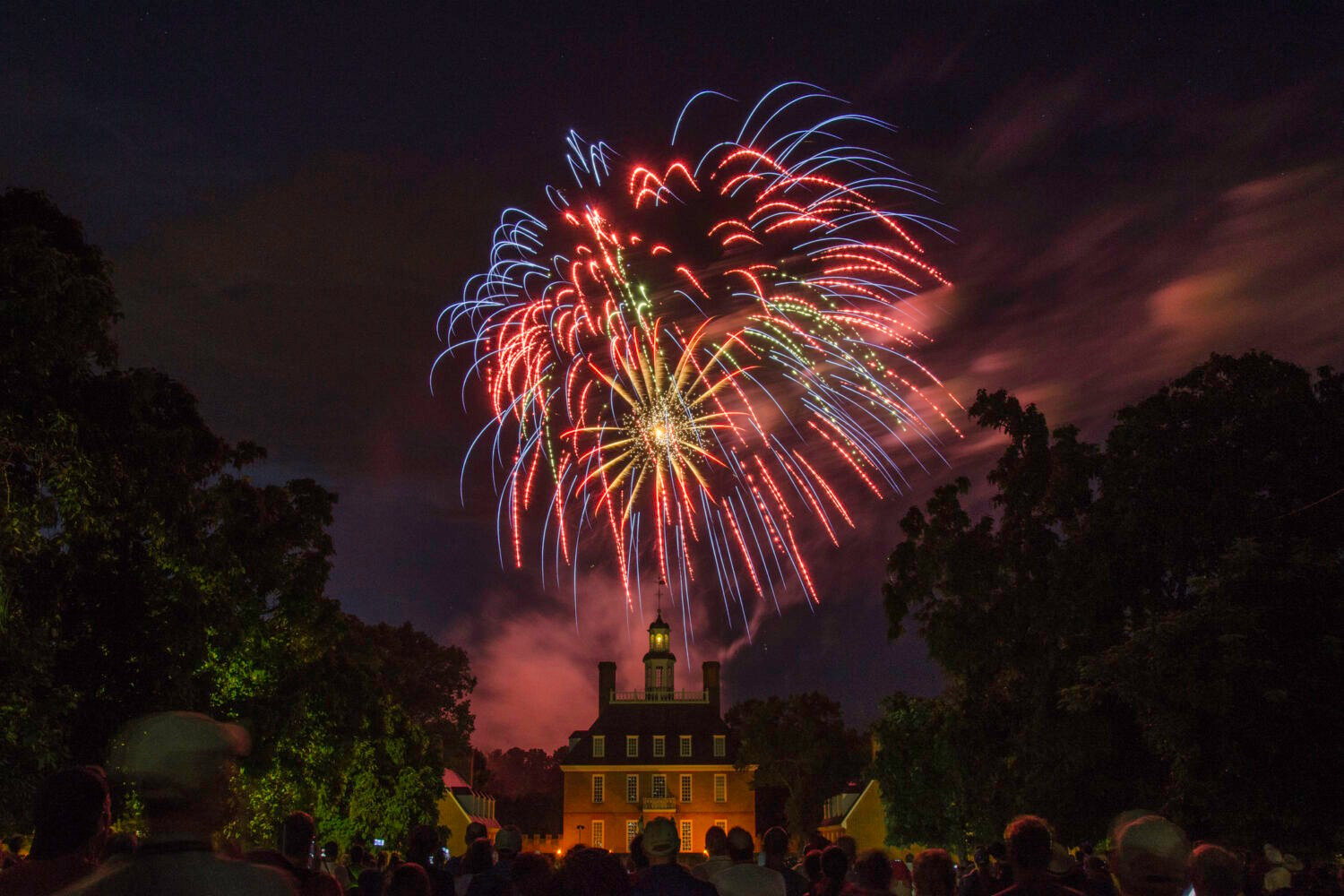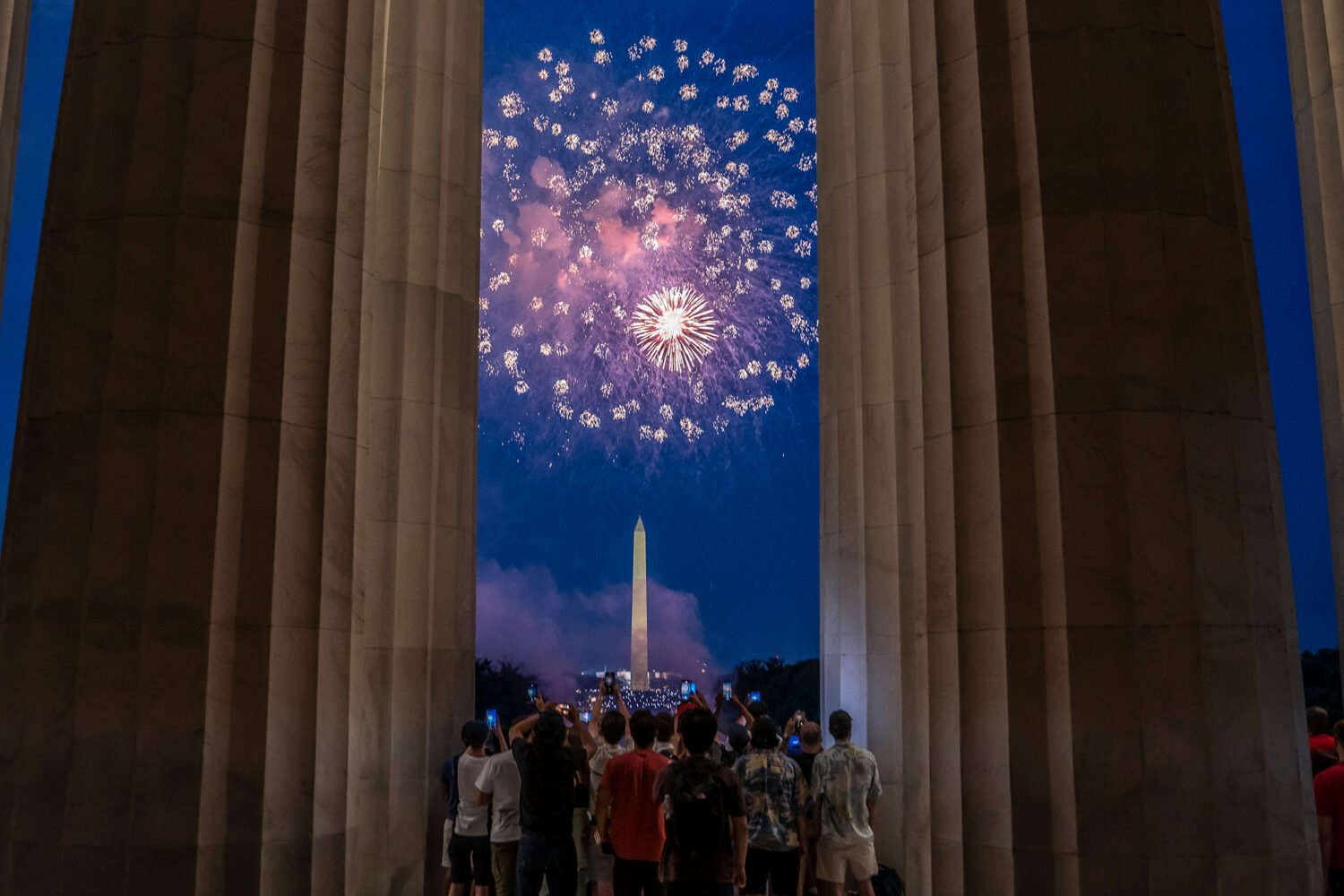Hi everyone!
We’ve got comedy, dinosaurs, and a pop-up exhibit on Black hair.
Here’s what you should check out this weekend:
Selfie ready: Explore the Insta-worthy pop-up The Black Hair Experience, an interactive exhibit of artwork and installations, including a large pit full of hair rollers. The touring show at National Harbor is all about Black hairstyling, history, and art, featuring photo-ready pastel rooms of hair products and props. Thursday 5/13 through Sunday 5/16; $32, buy tickets here. (Bonus: John Oliver recently talked about hair on Last Week Tonight in a segment with a funny cameo from Leslie Jones.)
Laugh it up: Carmen Lynch, who grew up between Northern Virginia and Spain, is a popular comic on late night shows and recently appeared in the FX documentary Hysterical, which focuses on the experiences of female comedians. Lynch will perform her standup at DC Improv (in-person with Covid safety precautions) for a few shows this weekend. Thursday 5/13 through Saturday 5/15 (showtimes vary); Ticket prices start at $50 for a table of two, buy tickets here.
Writing on the wall: A new installation at Black Lives Matter Plaza—which was recently repaved—will project 14 artworks as part of the online gallery Pitroda Art’s annual exhibit “Movement: Art for Social Change.” See striking pieces from the Black diaspora including “The World We Live In” by local photographer Lloyd Foster and “Black Enough” from Barbados-based artist Kadiejra O’Neal. See the projection at 900 Black Lives Matter Plaza NW before it goes to Los Angeles, Chicago, and New York. Thursday 5/13 at 9 PM; Free, learn more here.
Run towards the monsters: Live out your scariest dino fantasy at “The Jurassic Encounter,” a drive-thru of animatronic dinosaurs at Bull Run Regional Park in Centreville, Virginia. This is not a drill! See more than 55 massive robotic dinosaurs (T-rex, triceratops, and other popular species) throughout the trail. Be sure to stay inside the car—it sounds wild. Friday 5/14 through Monday 5/31; $49-$59 per car, buy tickets here.
History makers: Take a look inside the military operation to kill Osama bin Laden on the ten-year anniversary with a special virtual event from the OSS Society. Hear from Leon Panetta, who was CIA director at the time, and retired Navy admiral William H. McRaven, who oversaw the Navy SEAL raid, in a conversation moderated by career intelligence expert Michael Vickers. Friday 5/14 at 6 PM; Free, register here.
Fun in the sun: This weekend is Ballston’s Quarterfest Crawl, an all-day event with live music, dining discounts, games, a scavenger hunt and more. There will be more than a dozen performances around the neighborhood, including jazz musician Memphis Gold and viral TikTok cellist Andrew Savoia. Saturday 5/15 at noon; Free to attend, find out more here.
Something new:
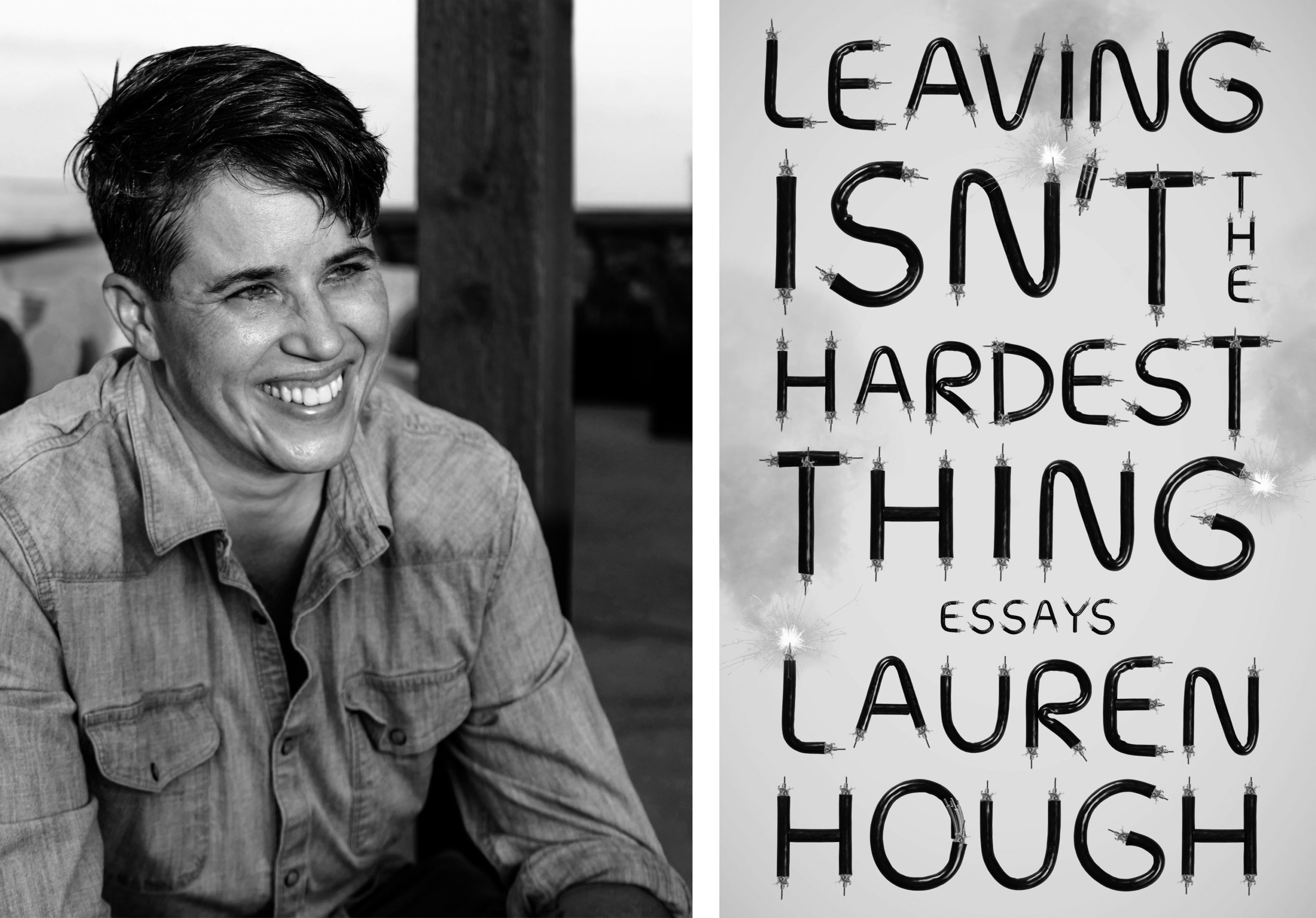
Today I published an interview with author Lauren Hough, whose memoir digs into her childhood in a cult, her difficult time as a lesbian in the Air Force, and her life in Washington, where she worked various jobs, including cable guy and bouncer. Here’s an excerpt:
You write about your life from a nomadic upbringing in the Children of God (a.k.a. The Family) to joining the Air Force in the era of Don’t Ask, Don’t Tell to working at a beloved DC gay bar. Those all sound like diverging experiences, but in the essay “Badlands,” you actually thread these three together. What sparked that comparison between the cult, the Air Force, and a gay bar?
There’s something that happens in those crappy jobs. You’re all too tired to keep your walls up around your coworkers—you may hate them, but at least they’re not the customers making your lives miserable. At the end of a night, everybody’s pretty raw and way too tired to hold anything back. You get really close. It was a thing that I was looking for in the military and the Family: that camaraderie and friendship and us-versus-them. I didn’t find it until I started working at gay bars where that was my team. These are the people who accepted me and would defend me against anyone or anything just because I was not them, the customer base. It happens in restaurants, it happens in kitchens, it happens in any of those jobs.
I hate the word “family” because I grew up in a cult called the Family. I thought it would be fun to write an essay about how I kind of got to be okay with considering people who are not my immediate family part of my larger family. We do that in cities, though. You move to a city and you have to find your friend group and they kind of become sort of your family—that’s where you go for the holidays, those are the people you lean on when you have surgery and someone needs to walk your dog. A lot of it has to do with being queer. A lot of us are rejected by our families and lose family members, so we’re already seeking a replacement. Historically that’s built into our community.
DC’s queer scene gets a rare spotlight here. You write a bit about the misogyny and sexual assault you faced in queer spaces, too. How did you approach that?
The book itself is a time capsule for the late-’90s, early-2000s queer life, but I think it was just something I noticed because I come from the military and I’m supposed to be able to walk into a gay bar and feel safe. People go to gay bars to feel safe. It’s bizarre and disheartening that you can also be very unsafe as a woman surrounded by men who are not interested in you sexually, but [have been] trained by our society to still be completely misogynistic. It’s jarring. It’d be nice to feel that there was anywhere safe for women. We had lesbian bars, but I think there are three left in the country, so. It’s a thing we’ve lost. I don’t know that there are safe spaces for women anymore, but at queer bars we’re not, which is disappointing. [Coming] from a cult to West Texas to the military, and then [feeling like] all right, well here’s where I belong—apparently maybe not so much. We’re not exempt from racism and misogyny or any other problem. I think we’d like to be—and we should be, for fuck’s sake—but there’s just as much racism and misogyny among the queer community as anywhere else in this country.
Read the full interview here.
Thanks for reading! Tell me what you’re up to at home by dropping me a line at rcartagena@washingtonian.com.

